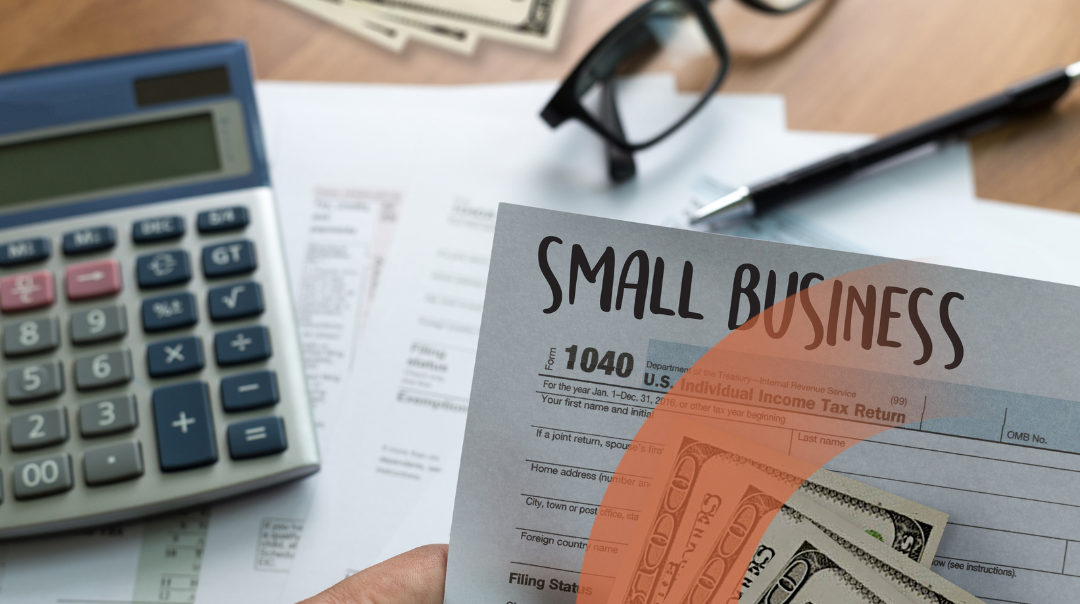I was recently appointed Bankruptcy Trustee to a matter which had to consider the recent case update to s254 of the Tax Act. Please refer to my previous article for more information
Given the recent uncertainty, I obtained a private tax ruling to confirm my requirements as Trustee and whether the funds needed to be withheld for the benefit of the ATO.
Background
Mr. and Mrs. Smith entered into an “off-the-plan” purchase contract on 24 June 2020. Prior to settlement, they sold the property under a separate sale contract on 5 February 2024. On 27 February 2024, Mr. and Mrs. Smith were declared bankrupt, with Henry Kazar and I appointed Trustees. Both contracts settled simultaneously on 17 May 2024. Importantly, we were never registered on the title of the property.
Key Tax Questions
- Did the trustees derive taxable income, profits, or gains in their representative capacity under subsection 254(1)(a) of the Income Tax Assessment Act 1936 (ITAA 1936)?
- Answer: No
- Do other provisions under subsection 254(1) of the ITAA 1936 make the trustees liable for any income, profits, or gains of a capital nature from the property disposal?
- Answer: No
Rationale
The ruling clarifies that section 254 of the ITAA 1936 applies only to income, profits, or gains derived directly by the trustees in their representative capacity. It does not cover assets or activities attributed to the period before their appointment. In this case, the capital gain from the sale was derived at the time of the contract on 5 February 2024, predating the trustees’ appointment. Therefore, the trustees’ had no tax liability for the gain.
The timing of the capital gains tax (CGT) event, governed by section 104-10 of the Income Tax Assessment Act 1997 (ITAA 1997), further supports this outcome. CGT Event A1 occurs when the sale contract is signed, not upon settlement.
Implications for Trustees’
This ruling underscores the importance of timing in determining tax obligations for trustees in bankruptcy cases. Practitioners should carefully assess the chronology of events to distinguish between liabilities arising pre- and post-appointment. The ruling provides clarity on the limited scope of trustees’ tax obligations under section 254 of the ITAA 1936, reinforcing that Trustees’ are not personally liable for pre-appointment activities.
Please note:
This is a private ruling & is subject to these exact circumstances and you should seek your own legal advice.
This is not advice & we do not condone prospective appointees having any involvement in pre-appointment sales, which may breach independence.





